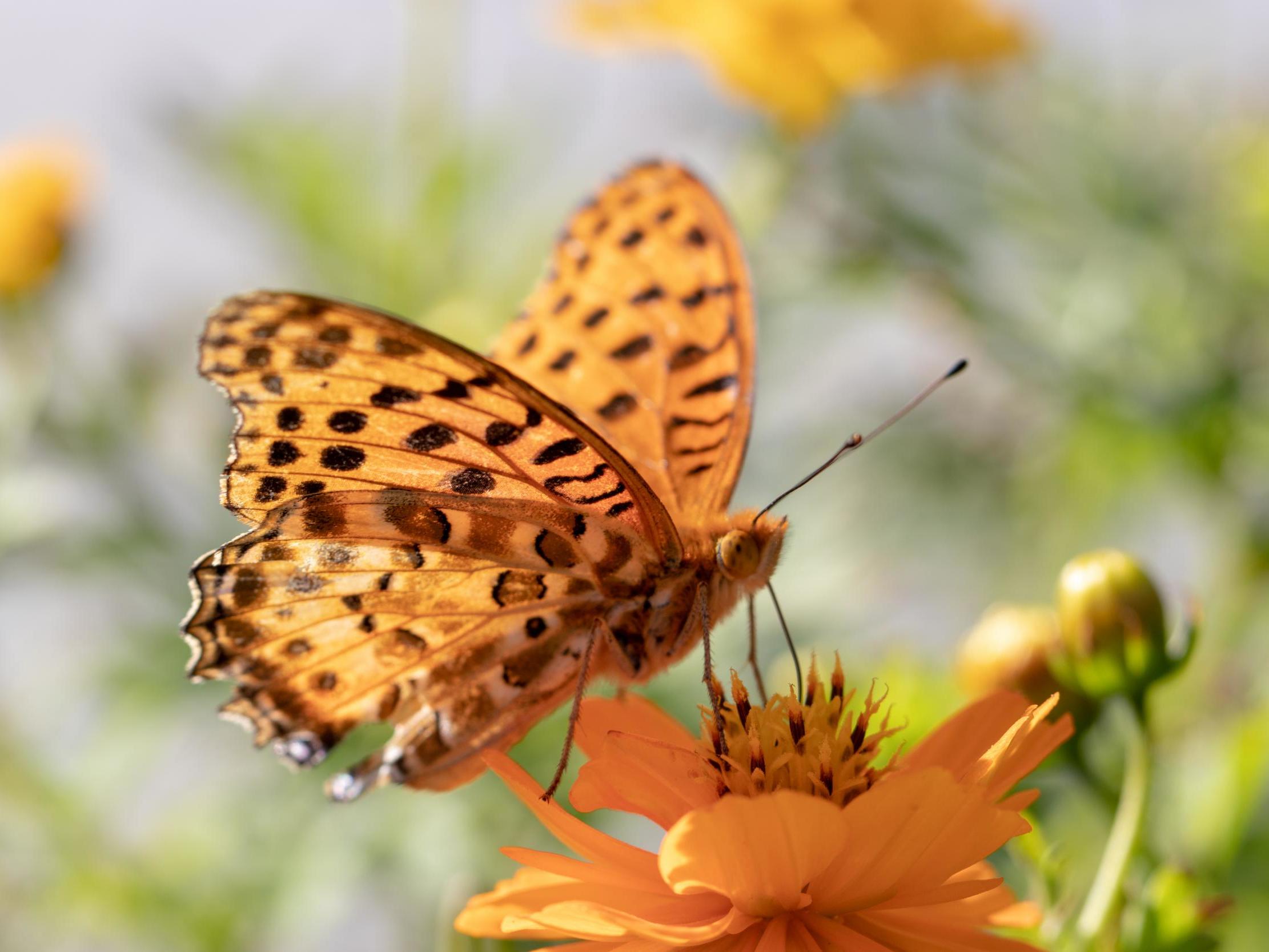UK wildlife species dying out and many will soon vanish if urgent action not taken, study says
More than two-fifths have seen significant declines in recent decades

The UK’s wildlife is dying out and many species will go extinct if urgent action is not taken, according to the latest State of Nature report, which draws on scientific monitoring since the 1970s.
Leading professionals from more than 70 wildlife organisations have joined government agencies to create the comprehensive report, which warns wildlife declines continue “unabated”.
Among thousands of mammal and plant species assessed, 15 per cent are threatened with being lost from Britain, including wildcats and greater mouse-eared bats.
More than two-fifths of UK species including animals, birds and butterflies have seen significant declines in recent decades, the study found.
Since 1500 around 133 species have already vanished from Britain’s shores, including birds such as the wryneck and serin, which were lost as breeding birds in the 20th century.
British Wildlife Photography Awards
Show all 23Dr Daniel Hayhow, lead author on the report and conservation scientist at RSPB, said: “We know more about the UK’s wildlife than any other country on the planet, and what it is telling us should make us sit up and listen.
“We need to respond more urgently across the board if we are to put nature back where it belongs.”
Data on nearly 700 species of land, freshwater and sea animals, fish, birds, butterflies and moths reveals 41 per cent have seen populations decline since 1970, while 26 per cent have increased.
More intensive agriculture is driving declines in farmland nature, while climate change is also having an increasing effect, with average UK temperatures rising by 1C since the 1980s.
Rosie Hails, from the National Trust – the country’s largest private landowner – said: “We are now at a crossroads when we need to pull together with actions rather than words, to stop and reverse the decline of those species at risk, as well as protecting and creating new habitats in which they can thrive.”
Pollution continues to cause problems for natural areas such as streams, despite legislation to curb harmful pollutants, according to the report.
The study, which comes after similar analyses in 2013 and 2016, also shows butterfly and moth numbers have been particularly badly hit.
Butterfly numbers have fallen by 17 per cent on average and moths by 25 per cent.
Populations of some butterflies, such as the high brown fritillary and grayling, which need specialised habitats, are down by more than three-quarters since 1970.
However, the report also highlights successes such as the return of red kites, bitterns, large blue butterflies and beavers to Britain, and the establishment of lady’s slipper orchids at 11 sites in northern England.
Conservation experts are calling for more ambitious action, including a strong new set of environmental laws to reverse declines in nature.
Tony Juniper, chairman of government conservation agency Natural England, hailed groups and land managers working to help bring species back from the brink.
He added: “This report is a wake-up call. More needs to be done to achieve the ambitions of the government’s 25 Year Environment Plan to reverse nature’s decline so that our children can experience and benefit from a richer natural environment.”
Nikki Williams, director of campaigns and policy at The Wildlife Trusts said: “It’s time to make nature a normal part of childhood again and restore wildlife so it can recover and thrive across urban jungles and the countryside once more – where it can be part of people’s daily lives.
“We need a Nature Recovery Network established in law – one that is locally developed and nationally connected. This would help join up our last remaining wild places by creating vital new habitats.”
Gareth Morgan, head of farming policy at the Soil Association, said transitioning to more sustainable farming practices is possible but farmers need to be paid properly for nature-friendly agricultural practices.
He said: “We must change the way we farm and the food we eat, not just engineer the recovery of a few species.
"Our diets need to be aligned with what is healthy and what the planet can sustain. Farming must be based on conserving soils and storing carbon whilst producing nutritious food.”
Theresa Villiers, the environment secretary, said: “We value our species and ecosystems in their own right, but they also contribute to our wellbeing and economic prosperity.”
She said the government’s 25 Year Environment Plan marks a step-change in ambition for nature and a new Environment Bill will contain “ambitious measures to address the biggest environment priorities of our age, including restoring and enhancing nature for generations to come”.
Additional reporting by Press Association
Subscribe to Independent Premium to bookmark this article
Want to bookmark your favourite articles and stories to read or reference later? Start your Independent Premium subscription today.

Join our commenting forum
Join thought-provoking conversations, follow other Independent readers and see their replies